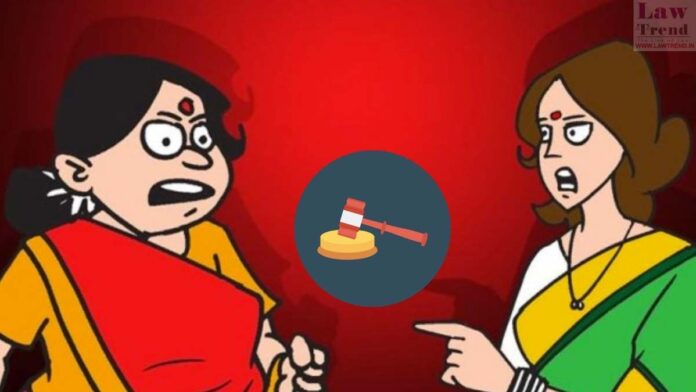The Allahabad High Court, Lucknow Bench, has dismissed a petition filed by Smt. Garima and five others seeking to quash a summoning order issued by the Additional Chief Judicial Magistrate, Lucknow, under Section 12 of the Protection of Women from Domestic Violence Act, 2005. The Court held that a mother-in-law, if aggrieved, is entitled to
To Read More Please Subscribe to VIP Membership for Unlimited Access to All the Articles, Download Available Copies of Judgments/Order, Acess to Central/State Bare Acts, Advertisement Free Content, Access to More than 4000 Legal Drafts( Readymade Editable Formats of Suits, Petitions, Writs, Legal Notices, Divorce Petitions, 138 Notices, Bail Applications etc.) in Hindi and English.




